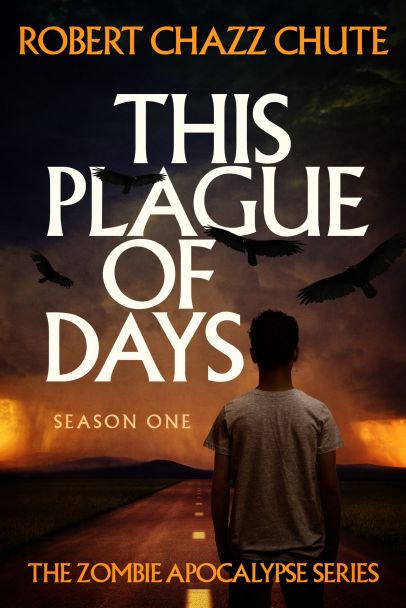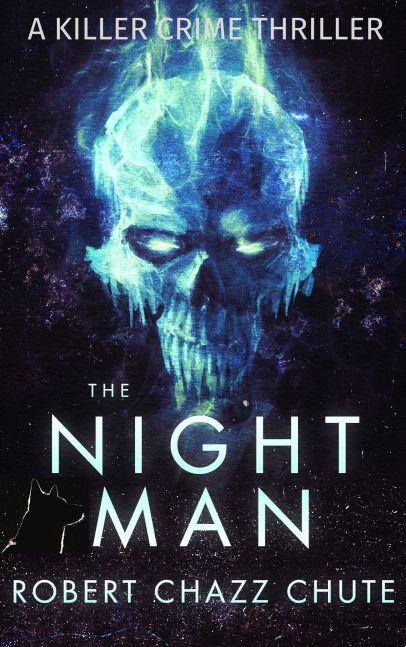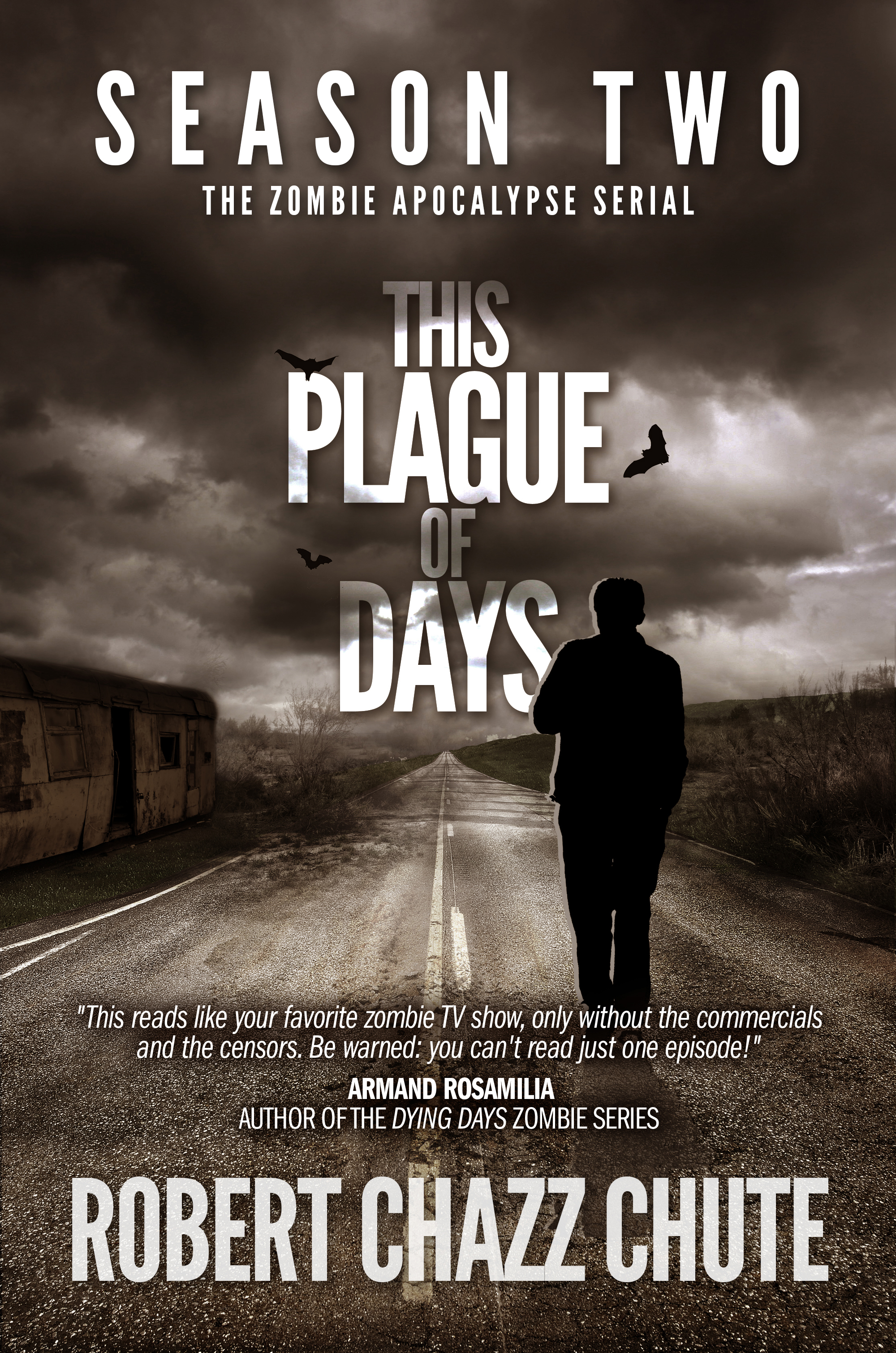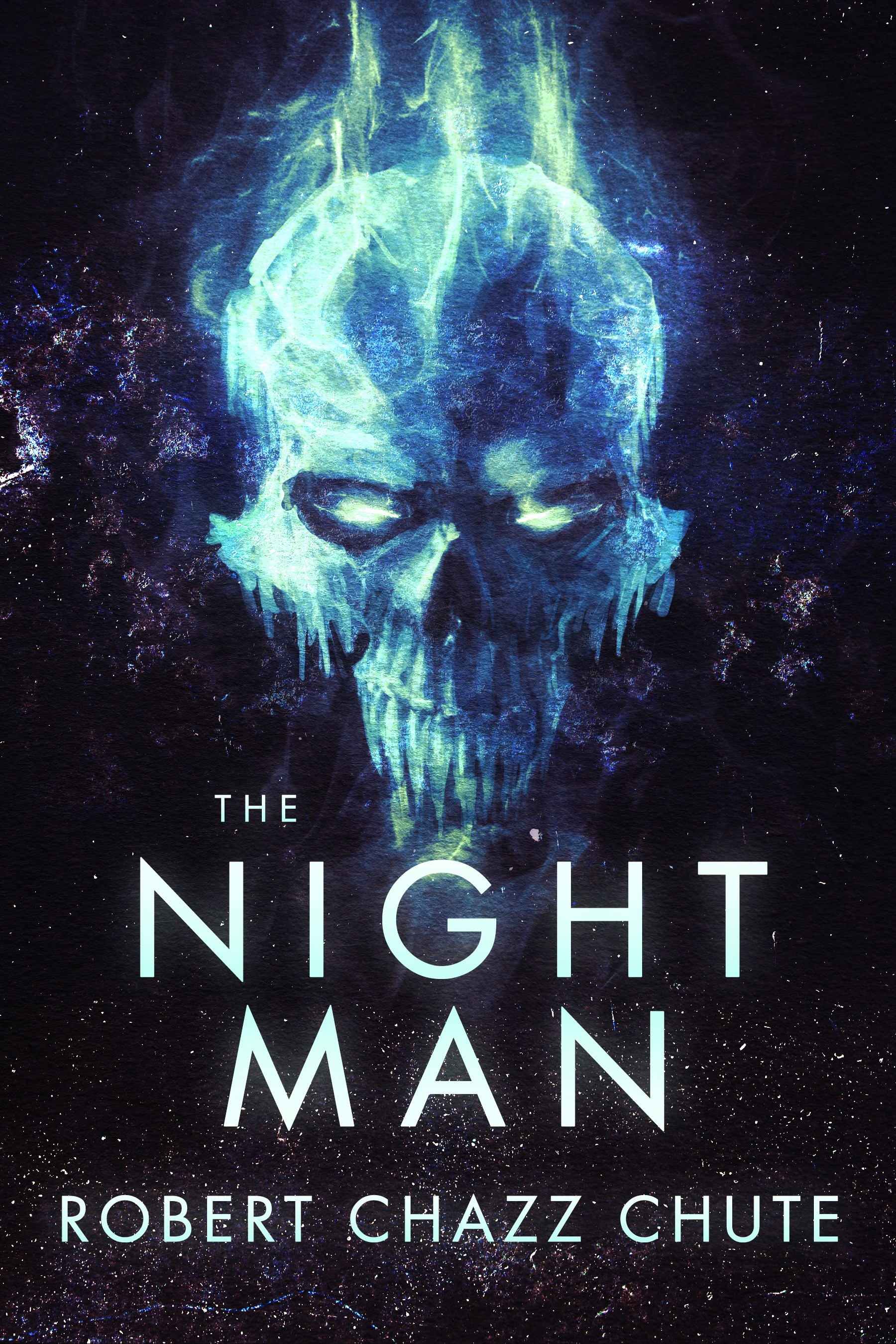Some crazies have already put up their Christmas lights so, ready or not, prime book selling season is here. One of the easiest things you can do to promote your books is a press kit. Start with local media to get the ball rolling. (If you want a sample of my catalogue and press release so you can see how I handled it, go to my author page at AllThatChazz.com and I’ll be glad to email you my most recent press kit.)
Before you mail anything out, consider these variables for your press kit:
1. If you have one book for sale, look for some angle and detail to pitch in the press release. Non-fiction with a local angle is the easiest sell. Non-fiction by a local author is a little less attractive, but saleable. Fiction can be the hardest pitch, but the smaller the newspaper, the easier it is. If you have multiple books, focus your press release pitch on one angle but send them a catalogue. Your press release materials can be repurposed to sell to customers through your website or at conferences and author events.
2. Research your media targets and be aware of deadlines. It’s already way too late for magazines, though some small arts newspapers that focus on the local scene may still have room for a piece about you before Christmas. Read the newspaper, community newspaper or magazine first. Aiming at individuals and likely targets works much better than bombing everyone everywhere.
From this research, be selective. For instance, aiming your press release and a friendly cover letter at a columnist who covers unique business enterprises and people in your city might be more effective than hitting up the editor for the arts section. Don’t just go for the book review editor (for whom a press release now is way too late for Christmas no matter how small the venue.)
3. Don’t overlook radio stations. They’re media, too. College radio stations are often easier to get into and provide diverse programming options to a reading audience. Also consider podcasts. They hit a worldwide audience but have fewer barriers to entry if you choose to send a friendly email off to the right one.
Television is unlikely unless you’ve got very specific material that fits the show, like a unique and very visual pitch to a TV producer at “Breakfast Television” on City TV in Toronto. Newspapers and magazines are a shotgun blast to opportunity. Getting into TV or national markets in radio requires a rifle scope, a cookbook or a picture book about fashions for dogs. Watch a lot of that stuff to see if you could fit in somewhere. Be a celebrity first. That helps immensely.
4. Send your media kit to one person and be familiar with their work. Get the name of the arts and entertainment reporter, for instance, and send the email directly to his or her email. Don’t send multiple emails to the same media venue. That can create chaos, resentment and blood blisters on your genitals.
In some smaller newspaper operations that use freelancers, it may not be apparent which individuals are assigned particular beats. If so, select the appropriate assignment editor from the publication’s masthead and address your cover letter to him or her. Don’t send it to one of those general addresses that start info@somerandomnewspaper.net or inquiries@couldn’tbebothered.com. Again, it’s best to have picked up and read an issue or two before sending out anything.
5. Tie your press release to some larger event if appropriate. For instance, if you’ve written a book about consumerism, I’d tie the press release to Black Friday right now. Always look for this opportunity to give the story traction for the reporter. They’re looking for an angle and they want you to give it to them in the press release. Remember, you have to sell the angle to the reporter because they have to sell the idea to a jaded and depressed editor who has heard it all and hates it all.
6. Write your press release as if it’s the story you want to see in the paper. e.g. “When you supply ready-made quotes, you’re making the reporter’s job easier and giving coverage of your story a better shot,” Chute said. “When I was a newspaper reporter, I still checked out all the facts stated in the press release but the document was often a strong springboard for the articles I wrote.”
7. Show some personality in your cover letter. It’s probably going to run in the Arts section, right? So why write the cover letter as if you’re a humorless conglomerate’s soulless flack trying to put an oil spill in a happy light?
I’m angling for an author profile so to get the interview — as opposed to a straight news story — I’m striving to hit a certain tone that matches my books. Here’s the opening paragraph to my cover letter for my media kit:
The book publishing revolution is here in London and it’s going to make a big boom. I thought we should talk about my plans for world domination before I give my ninja monkey clone assassins the launch codes.
That got their attention. Here’s the slightly more serious follow-up paragraph:
In the attachments you’ll find the media kit for Ex Parte Press and my press release. The short story is that I quit my day job to form a publishing company a year ago. Ex Parte Press lords its power over one client: Me. I now have seven books for sale on Amazon in digital and paperback. I write hardboiled suspense, publishing advice and some very quirky self-help. For more on me, you can also check out my websites: ChazzWrites.com and AllThatChazz.com. You should be warned that I ply reporters and spies alike with bad coffee.
Obviously, if you’ve written a business book about successful investing in ostrich farms, you’d be more serious. I’d go with a few bullet points on why the future is in ostrich farming. The headline would read, “Investors are losing money by sticking their heads in the sand,” which, by the way, is a persistent myth about ostriches. Even with most serious topics, write a catchy headline even if you play the rest of the press release straight. They won’t use your headline, but you still need to be catchy.
For the rest of my tips on building a killer press kit to sell more books, achieve celebrity and host huge orgies with a distinctly Roman theme, see the rest at AllThatChazz.com.
Or overcome your better judgment and buy all the books by Robert Chazz Chute here.
Filed under: publishing, advertising, allthatchazz.com, Amazon, books, Business, ebooks, for immediate release, media release, Press kit, Press release, Public relations, publishing, research, self-publishing
































